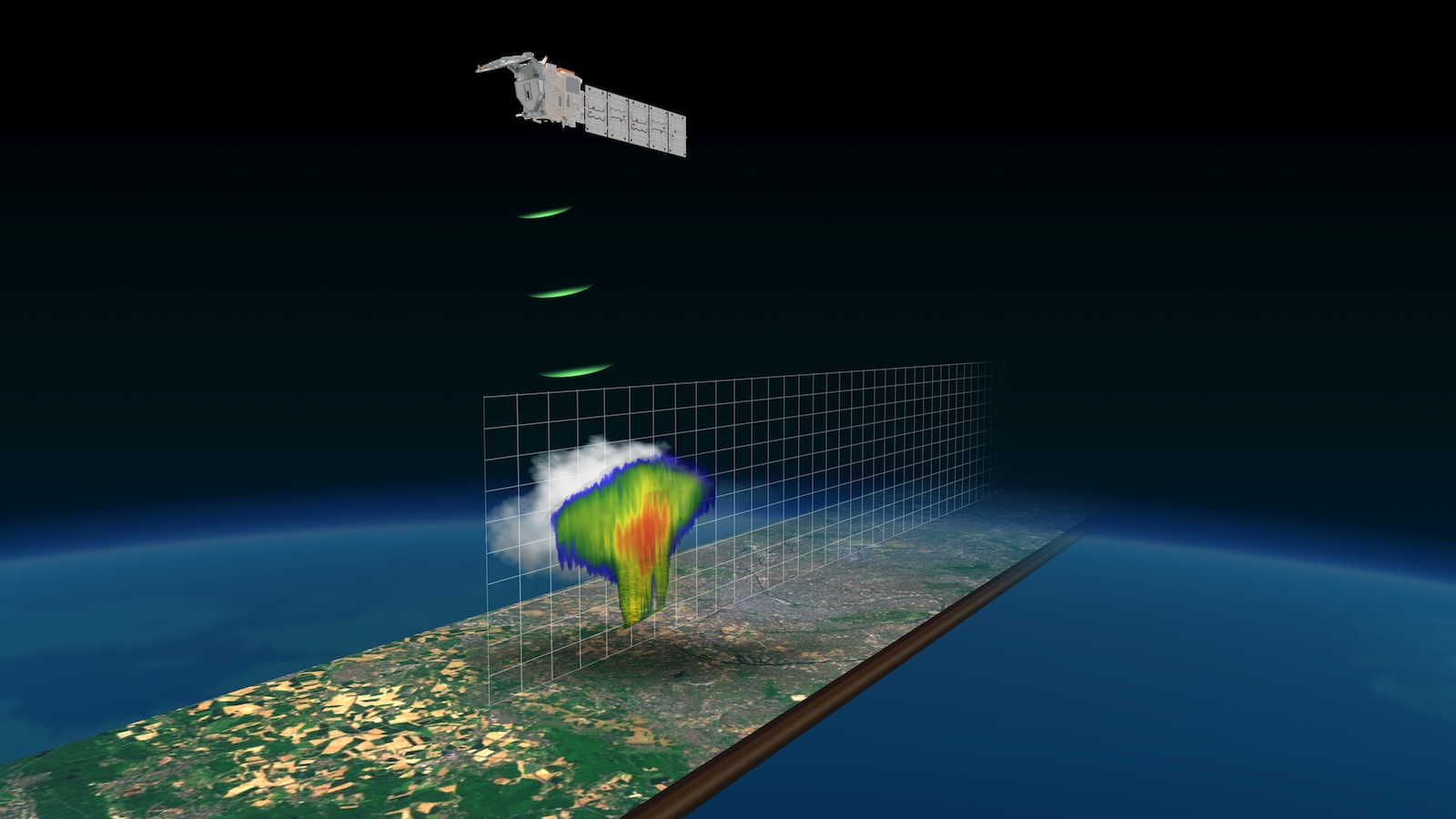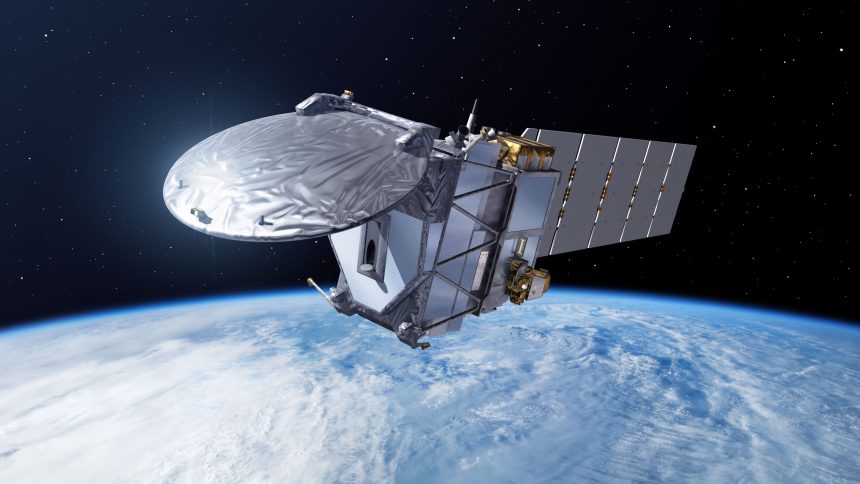Clouds play a vital role in regulating Earth’s climate, yet there is still much we don’t understand about them and how they are affected by climate change. A recent satellite launch by the European Space Agency and the Japanese Aerospace Exploration Agency aims to provide insights into these mysteries. The Earth Cloud Aerosol and Radiation Explorer (EarthCARE) will study cloud dynamics, aerosols, and their interaction with climate change.
Clouds act as a cooling blanket for the planet, reflecting sunlight and helping to maintain a stable temperature. However, their response to rising temperatures is uncertain. Low-level clouds like stratocumulus play a crucial role in cooling the Earth, while high-altitude clouds like cirrus can have different effects. The presence of aerosols further complicates the picture, influencing climate both directly and indirectly.
The data collected by EarthCARE’s cloud profile radar will provide a detailed understanding of cloud structure, particle size distribution, and water content. This information is key to reducing uncertainties in climate models. Despite challenges and delays, the successful launch of EarthCARE is a significant step forward in climate research.

With the launch of EarthCARE, researchers are optimistic about the new data and insights it will provide. This satellite represents a significant investment in understanding the role of clouds in climate change and paves the way for more accurate climate models in the future.






